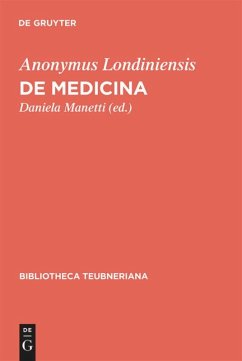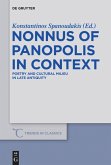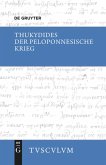Great change has pervaded the evaluation of this text, since it was first published by Diels in 1893: it appeared to be a text consisting of notes on an introductory course of medicine, badly copied by a scribe or an uneducated pupil, probably written in the age of Domitian or Trajan. Its most disturbing aspect was the presence of a doxography on the causes of disease, attributed to Aristotle, recording numerous doxai of 5th and 4th century physicians and philosophers, including Hippocrates, who constituted the crux of the controversy, because the figure ill accorded with the image that had taken shape in nineteenth-century historiography. In recent years new insights have shown that actually it is an autograph, an unfinished draft, that the author, to be dated to 1st cent. AD, excerpted earlier derivative literature but has also views of his own, that the doxography derived from 'Aristotle' is to be clearly placed in the early Peripatetic setting, that the physiological section, which follows, has a background of school practice in dialectical argument, that the main authorities quoted in the text (Herophilus, Erasistratus and Asclepiades) have different roles (Herophilus's is the most positive) but the authors always feels at liberty to confute their opinions and treats them as characters of the same scientific context.
Bitte wählen Sie Ihr Anliegen aus.
Rechnungen
Retourenschein anfordern
Bestellstatus
Storno








